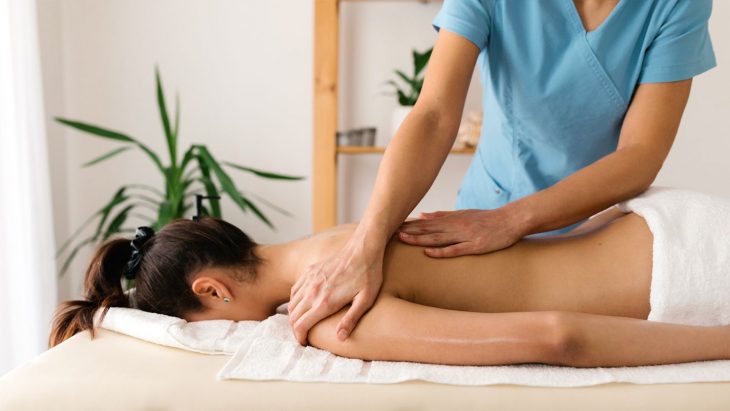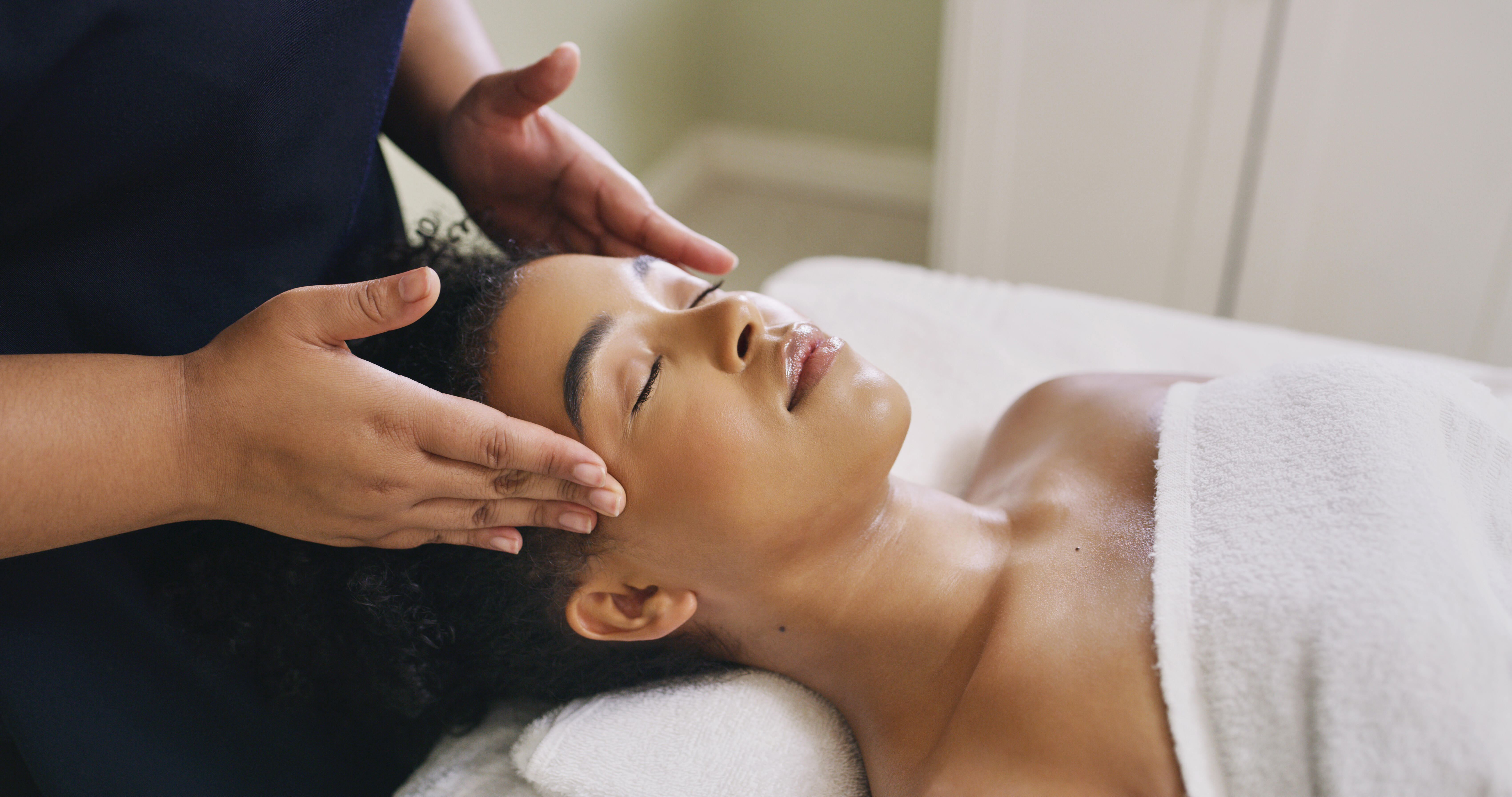
Massage therapy has been practiced for thousands of years, offering numerous benefits for both the body and mind. Whether you’re seeking relaxation, pain relief, or stress reduction, massage can be a wonderful way to achieve balance and well-being. In this article, we’ll explore 19 fascinating facts about massage, shedding light on its history, techniques, and effects.
Massage: A Time-Honored Practice
Massage has a rich history dating back to ancient civilizations. It has been documented in Chinese medical texts from 2700 BCE and was an integral part of Greek and Roman cultures.
Massage Techniques from Around the World
Various massage techniques have evolved across different cultures. Some popular ones include Swedish massage, Thai massage, Shiatsu, and deep tissue massage. Each technique offers unique benefits and targets specific areas of the body.
The Power of Touch
Massage is primarily performed through touch. Touch has been proven to have significant physiological and psychological effects, stimulating the release of endorphins, promoting relaxation, and reducing anxiety.
Benefits for Physical Health
Massage therapy can provide a wide range of physical health benefits. It improves blood circulation, relieves muscle tension, enhances flexibility, and promotes faster healing of injuries.
Mental and Emotional Well-Being
In addition to physical benefits, massage also contributes to mental and emotional well-being. It reduces stress hormones, such as cortisol, while increasing the levels of serotonin and dopamine, which are neurotransmitters associated with happiness and relaxation.

Massage for Pain Relief
Massage is an effective modality for managing pain. It can help alleviate chronic pain conditions, such as back pain, arthritis, fibromyalgia, and migraines. Regular massage sessions can lead to a significant reduction in pain intensity and frequency.
Boosting the Immune System
Regular massage sessions have been shown to strengthen the immune system. Massage stimulates the production of lymphocytes, which are white blood cells responsible for defending the body against infections and diseases.
Enhanced Posture and Alignment
Poor posture can lead to various musculoskeletal issues. Massage therapy can correct imbalances, align the body’s structure, and improve posture, reducing the risk of developing conditions like sciatica and chronic neck pain.
Aiding Digestion
Massage techniques that focus on the abdominal area can improve digestion. They stimulate peristalsis, the involuntary muscle contractions that move food through the digestive tract, promoting regular bowel movements and reducing gastrointestinal discomfort.
Preventing Sports Injuries
Athletes often benefit from regular sports massage to prevent injuries. This specialized form of massage improves muscle flexibility, increases range of motion, and enhances performance while reducing the risk of strains, sprains, and muscle imbalances.

Massage for Pregnancy
Prenatal massage offers relief to expectant mothers by reducing pregnancy-related discomforts like backaches, leg cramps, and edema. It also promotes relaxation and prepares the body for childbirth.
Massage and Sleep Quality
Massage therapy has a positive impact on sleep quality. It helps regulate sleep patterns, reduces insomnia, and promotes deeper and more restful sleep. Regular massages can contribute to overall improved sleep hygiene.
Massage in Palliative Care
Massage plays a vital role in palliative care, providing comfort and pain relief for individuals with chronic illnesses. It helps manage symptoms like anxiety, depression, and fatigue, improving the quality of life for patients.
Massage and Mental Health
Massage therapy can be beneficial for individuals with mental health conditions. It reduces symptoms of anxiety, depression, and post-traumatic stress disorder (PTSD), promoting relaxation and emotional well-being.
Massage for Infants and Children
Massage has positive effects on infants and children. Gentle touch can help soothe babies, promote bonding between parents and their newborns, and alleviate common childhood ailments like colic and constipation.

Massage and Workplace Productivity
Employers are recognizing the benefits of massage in the workplace. On-site chair massages can reduce stress, boost employee morale, and increase productivity, ultimately benefiting both employees and companies.
Massage and the Elderly
Massage therapy can greatly benefit the elderly population. It improves circulation, reduces joint stiffness, alleviates arthritis pain, and enhances overall well-being, helping older adults maintain an active and independent lifestyle.
Massage and Rehabilitation
Massage is often incorporated into rehabilitation programs. It helps recover from injuries by reducing scar tissue formation, increasing the range of motion, and improving muscle flexibility, ultimately speeding up the healing process.

Finding the Right Massage Therapist
When seeking a massage therapist, it’s important to choose a qualified and licensed professional. Consider their expertise, credentials, and client review to ensure a safe and effective massage experience.
Conclusion
Now armed with knowledge about the benefits and versatility of massage therapy, you can confidently explore this ancient healing practice to enhance your well-being. Whether you choose massage for relaxation, pain relief, or overall health improvement, its transformative effects are waiting to be discovered.
Frequently Asked Questions (FAQs)
How often should I get a massage?
The frequency of massages depends on individual needs. For general well-being, a monthly massage can be beneficial. However, those seeking pain relief or addressing specific conditions may benefit from more frequent sessions.
Are there any side effects of massage?
Most people experience no side effects from massage. However, some individuals may feel soreness or experience mild bruising, which should subside within a day or two.
Can massage help with anxiety?
Yes, massage can help reduce anxiety by promoting relaxation and releasing endorphins. It provides a calming effect on the nervous system.
Is massage therapy covered by insurance?
Some health insurance plans cover massage therapy, particularly if it is recommended by a healthcare professional. Check with your insurance provider to determine coverage.
What should I expect during a massage session?
During a massage, you will typically lie on a comfortable table while the therapist applies various techniques using their hands, fingers, elbows, or forearms. Communication with the therapist is key to ensuring your comfort and addressing any concerns.
Was this page helpful?
Our commitment to delivering trustworthy and engaging content is at the heart of what we do. Each fact on our site is contributed by real users like you, bringing a wealth of diverse insights and information. To ensure the highest standards of accuracy and reliability, our dedicated editors meticulously review each submission. This process guarantees that the facts we share are not only fascinating but also credible. Trust in our commitment to quality and authenticity as you explore and learn with us.
